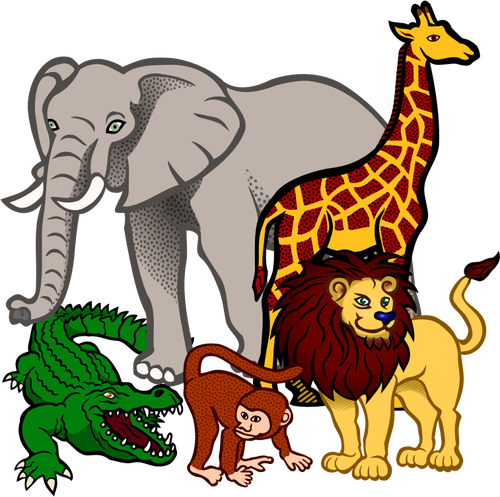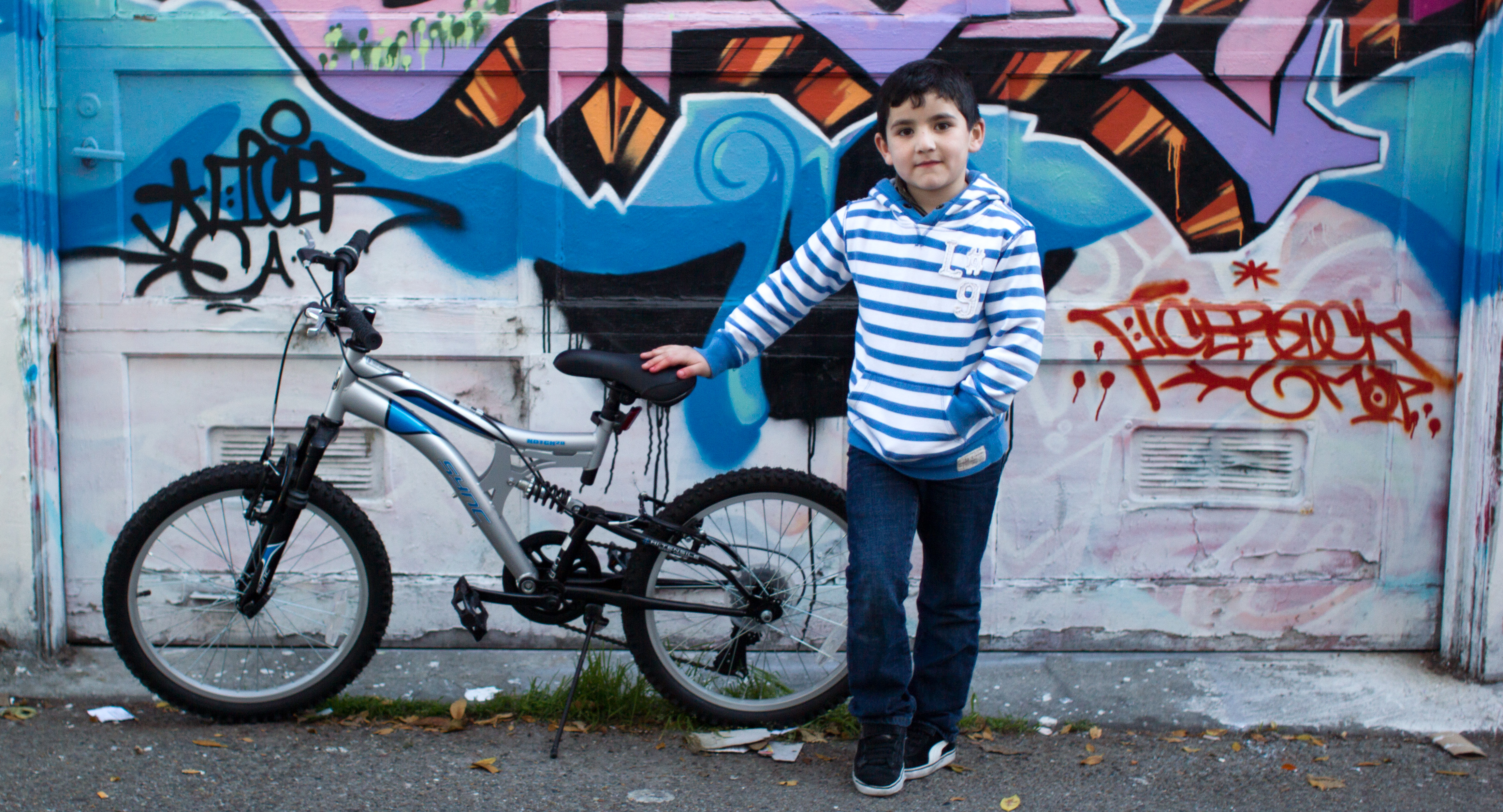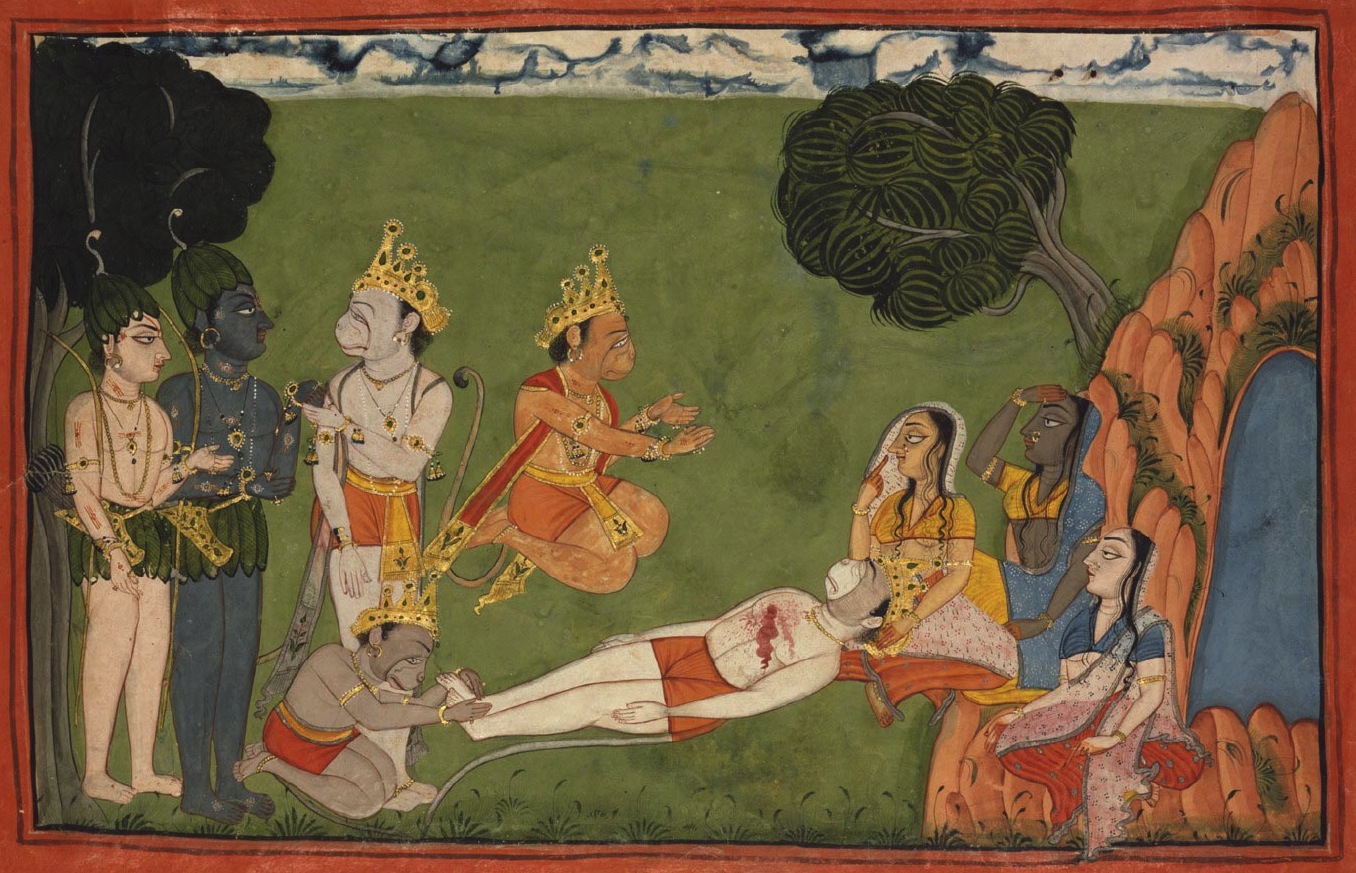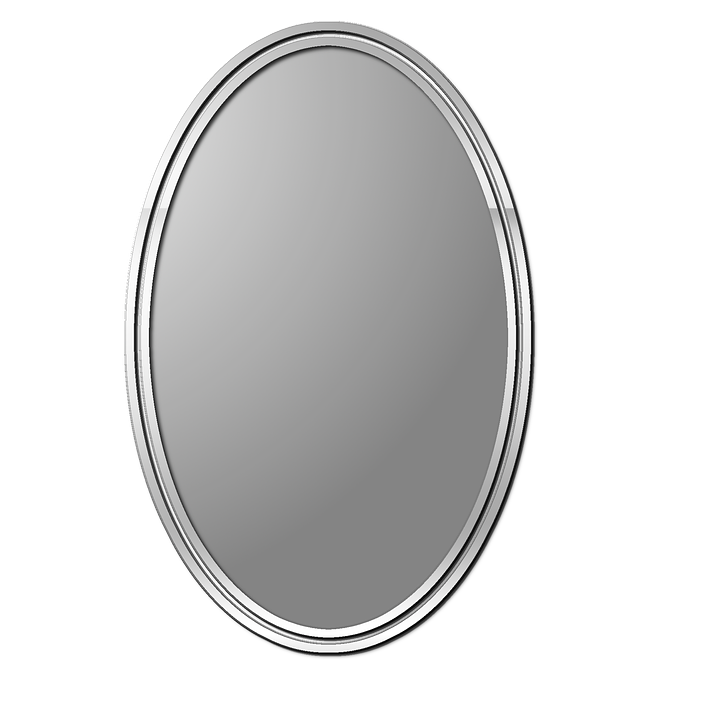For the second part of this week's reading I think I am going to look at death in the Mahabharata which is everywhere in part D. We see some long forgotten plots like Amba's come to fruition. There were three main characters that I will focus to chose on this week. These characters are Abhimanyu, Krishna, and Drona.
Abhimanyu: The death of Abhimanyu was very tragic. He was first disarmed as he was so fearsome when he was armed that he could not be slain and he was blinded. After this Duhshasana leaps forward and bludgeons him in his face.
Krishna: Krishna's death is a lot more subtle than Abhimanyu's. It is not intentional. Krishna gets shot in the ankle by an arrow and dies. This is the one mortal spot he had, similar to greek mythology and the Achilles heel.
Drona: Drona's death is also tragic like Abhimanyu's. Drona is a great warrior and he has divine weapons like we say earlier and in the Ramayana. Still grieving over his son, Drona can not think to procure these weapons and instead charges at the other warriors and is slain that way.
Krishna's Death
Source: PDE Mahabharata

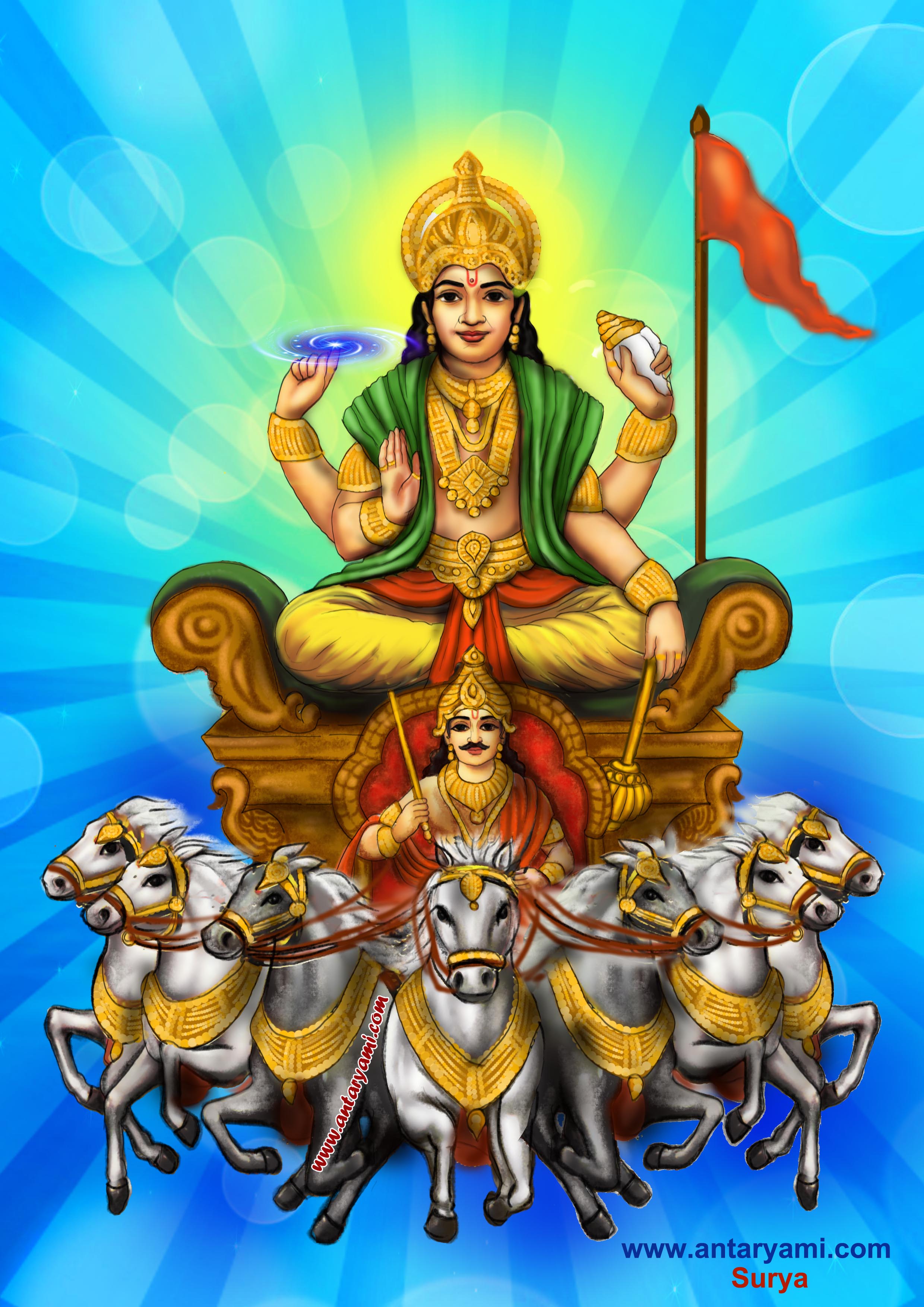
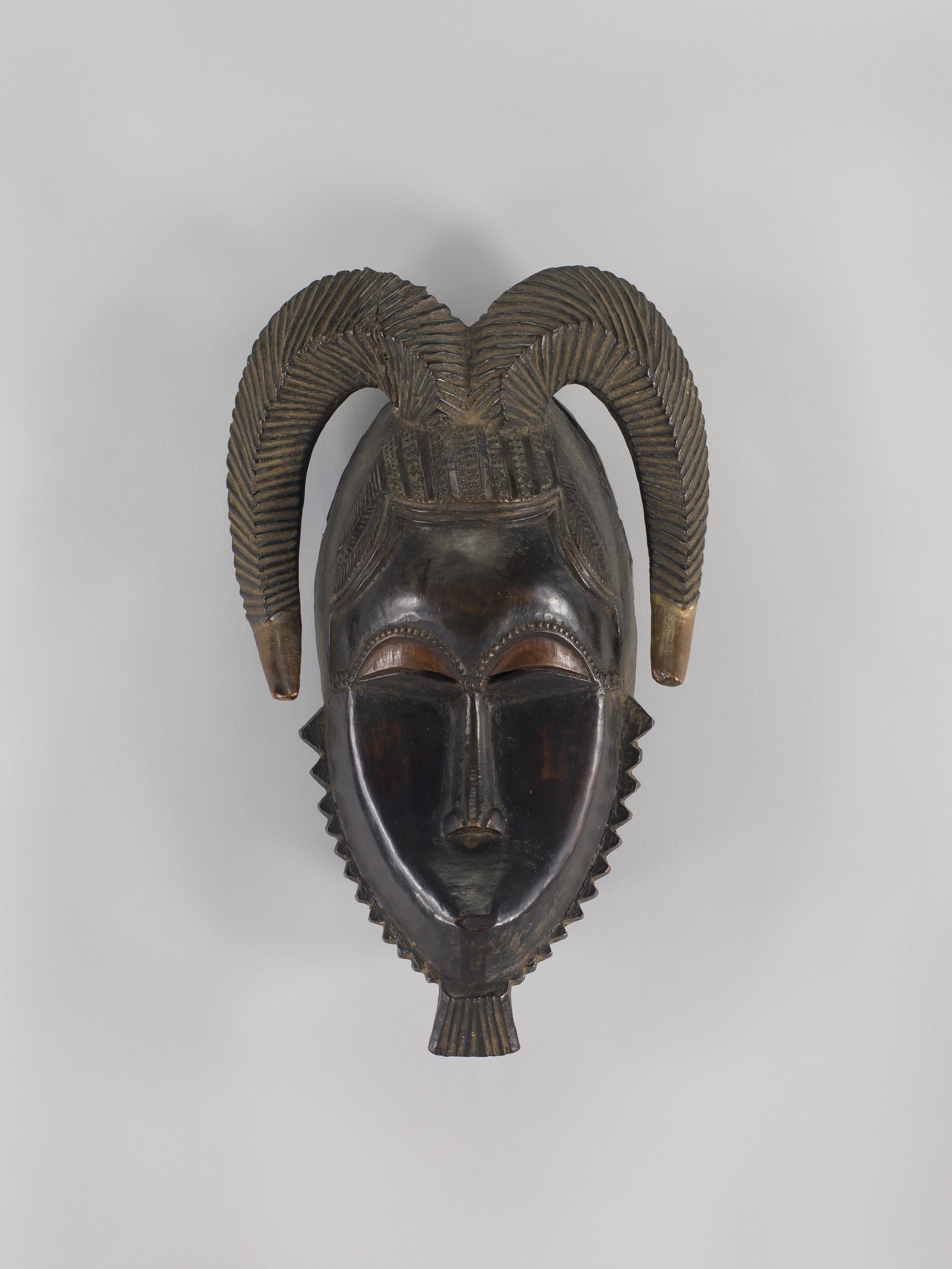 The mask that started it all.
The mask that started it all. 



